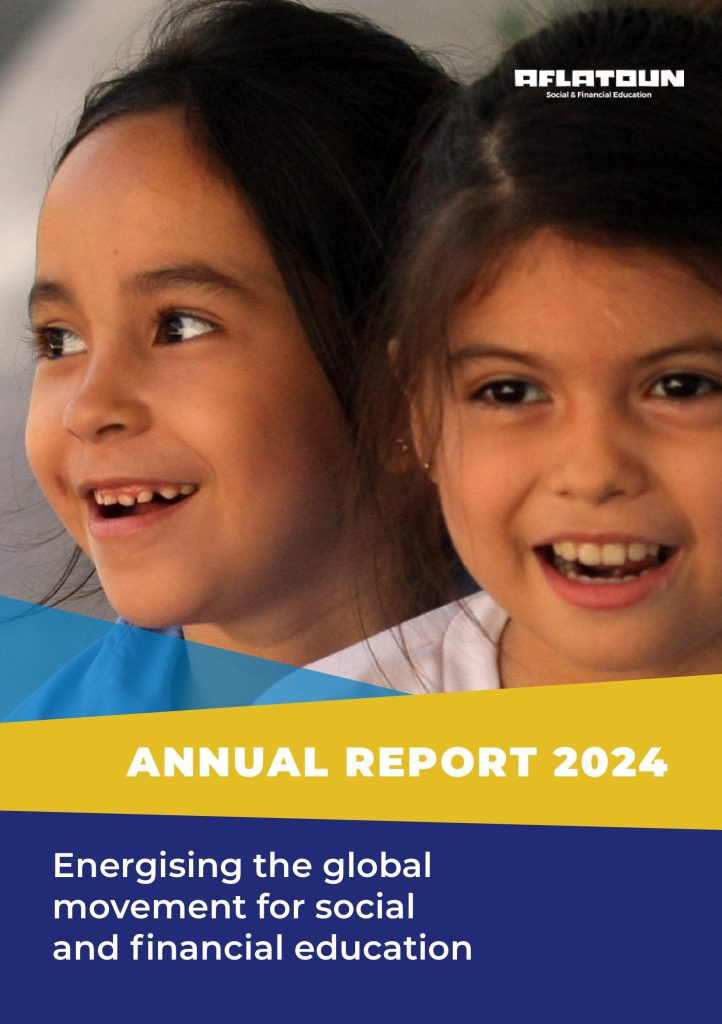By 2050 we are expected to be 9.7 billion people on this planet. The latest reports from the WWF Living Planet Index show a 58% decline for global biodiversity between 1970 and 2012, and this decline will continue if no actions are taken. Changing the behaviour of today’s children is essential for the sustainability of our planet. By integrating environmental, social and financial education into primary and secondary school curricula, children can be taught to lead resource efficient lives at an early age. Resources are more than financial capital – water, energy and other materials are all valuable resources that can be leveraged for sustainable livelihoods but these lessons start early!
The Case of Pakistan
In Pakistan, Environmental Studies became an elective subject of the Humanities Group curriculum for children ages 14-15 in 2008. However because of Pakistan’s high dropout rate, only 49% of children continue to lower secondary school (age 11). Behaviour is actually shaped at a much earlier age during primary school education, which is often universally mandated in many countries. Providing primary schools with an adapted and nationally contextualised curriculum that embeds the Sustainable Development Goals (SDGs), education systems in countries can reach more children.












